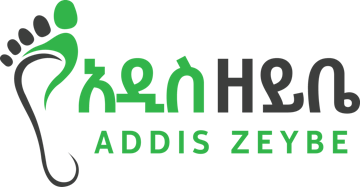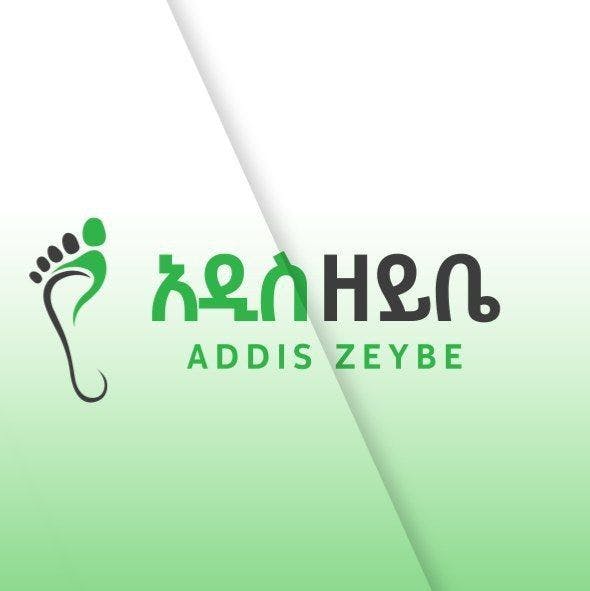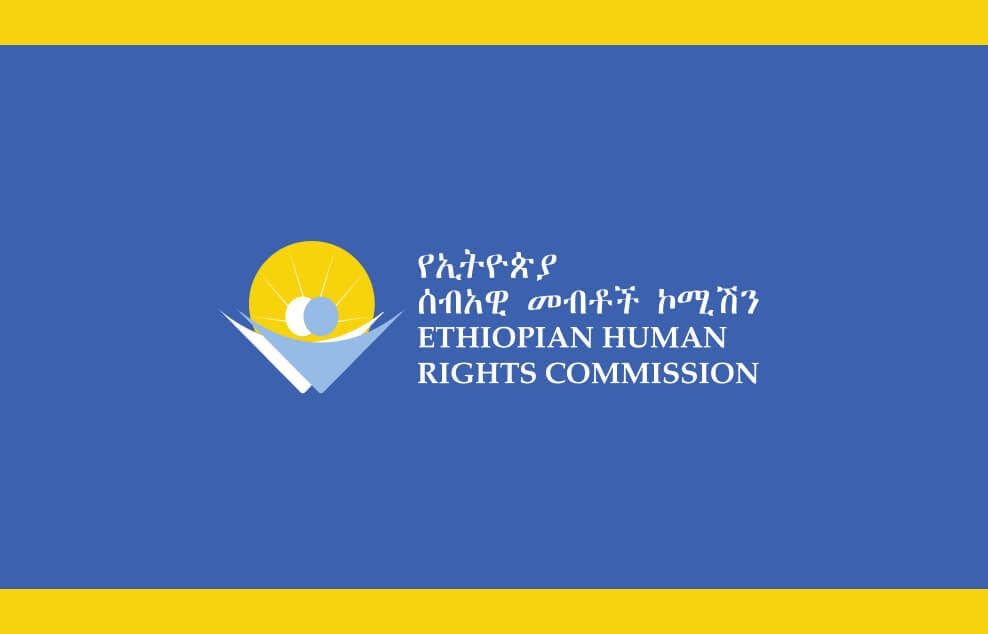The Ethiopian Human Rights Commission (EHRC) said at least eight people were killed by government forces and their accomplices in Shashemene town during a clash related to the dispute in the Ethiopian Orthodox Church.
The Commission said it learned that the clergy, who claimed to form a new ‘Holy Synod’, have seized different dioceses in towns, especially in the Oromia Regional State, with the support of authorities in some places.
“Following a move of these clergy to take over St. Michael Church in Shashamane town on Feb 4, at least eight people were killed with gunshots and beating in the measure taken by government security forces and accomplices that used disproportionate force on people who resisted the action. An unknown number of people have also suffered injuries of various types and magnitudes, along with those who have been held in prisons.”
EHRC issued a statement detailing its findings on human rights situations and incidents related to the controversy in the Ethiopian Orthodox Church.
The dispute arose in the Ethiopian Orthodox Church after the report of the ordination of 26 episcopates and the installation of a new Holy Synod by a collective of clergies. The church revoked the act as “against the church’s canonical orders” and excommunicated the dissidents.
Objecting to the church’s resolution passed on to them, the dissident clergy stated that they would be dispatching the episcopates they ordained to assigned Archdioceses. The clergys’ attempt to control churches in some towns has resulted in clashes between believers who opposed the act and security forces who backed the clergy.
“People and religious leaders who stood against the dissident bishops were beaten, harassed, expelled from churches, forcibly restricted of mobility, and illegally arrested,” according to EHRC.
In reaction to the unrest in the church, the Ethiopian Orthodox Church decreed a three-day Naniveh fasting from Feb 6 to 8 requesting the faithful to observe prayers of supplication and wear black to demonstrate the grievance they felt with the injustice inflicted on the church.
Believers who responded to the call and wore black were reported to face arrest and harassment in several towns from law enforcement bodies and government offices.
EHRC confirmed these allegations in its report that people who wore black during the fasting days were subjected to detention, harassment, and deprivation from services and workplaces in different areas.
Denouncing the offenses as unconstitutional violations of human rights against rights of religion, and freedom of thought, the EHRC urged the government to conduct the proper investigation and take the due legal measures.
“If the ongoing problem can not be given an immediate resolution, it’d be threatening in giving rise to grave human rights violations.”


